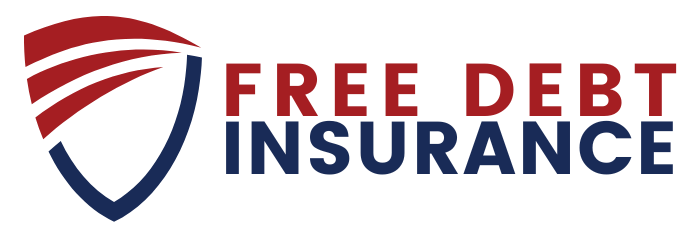


Explore the differences between debt cancellation insurance and life insurance, and discover how free debt insurance can enhance your financial security.
Debt is an ever-present reality for many individuals today. From mortgages and credit card debt to personal loans and auto loans, managing multiple debts can be overwhelming. Unexpected life challenges can complicate this further, making insurance a valuable financial lifeline.
When considering protection against the financial burdens of debt, two common options arise: debt cancellation insurance and life insurance. Both provide essential protection but serve different purposes. This article explores the key differences between these insurance types and discusses how free debt insurance can enhance your financial strategy.
Debt cancellation insurance, often referred to as payment protection insurance (PPI), is designed to cover specific debts in certain life events such as disability, job loss, or death. This insurance ensures that you or your loved ones are not left responsible for repaying outstanding loans during difficult times.
How It Works: Debt cancellation insurance kicks in when a policyholder experiences a qualifying event. For instance, if you become unable to work due to illness, lose your job, or pass away, the insurance either pays off or reduces the outstanding balance on specific debts, such as mortgages or personal loans.
Who Benefits: This insurance is particularly beneficial for individuals with significant debts who want to protect their loved ones from inheriting those financial burdens. It also offers peace of mind, especially for those concerned about short-term financial instability.
Common Features: Debt cancellation insurance typically covers specific loans and is tied to one financial obligation. Premiums are generally lower than life insurance because it covers a narrower set of circumstances.
Life insurance provides financial support to beneficiaries in the event of the policyholder’s death. While not specifically designed to cover debts, the payout can be used to settle outstanding obligations and provide your family with funds for living expenses, education, or other needs.
How It Works: Upon your death, life insurance pays out a lump sum to designated beneficiaries. They can use this money for various purposes, including paying off debts, covering funeral expenses, or maintaining their standard of living.
Who Benefits: Life insurance is ideal for those looking to ensure financial security for their loved ones. It offers broader protection since the funds can be allocated to any need, not just debt repayment.
Common Features: Life insurance comes in several forms, including term life (covering a specific period) and whole life (providing coverage for your entire life with a savings component). Premiums vary based on age, health, and the coverage amount.
Understanding the distinctions between debt cancellation insurance and life insurance is essential for making informed decisions:
Choosing between debt cancellation insurance and life insurance ultimately depends on your financial goals and protection needs. Debt cancellation insurance can help manage specific financial obligations, while life insurance offers broader security for your family’s future.
Considering free debt insurance as an additional layer of protection can also be beneficial. Many financial institutions offer this complimentary service, providing coverage for loan payments if you’re unable to make them due to disability, job loss, or death.
By exploring both types of insurance and utilizing free debt insurance, you can develop a comprehensive strategy to safeguard your immediate and long-term financial well-being.
